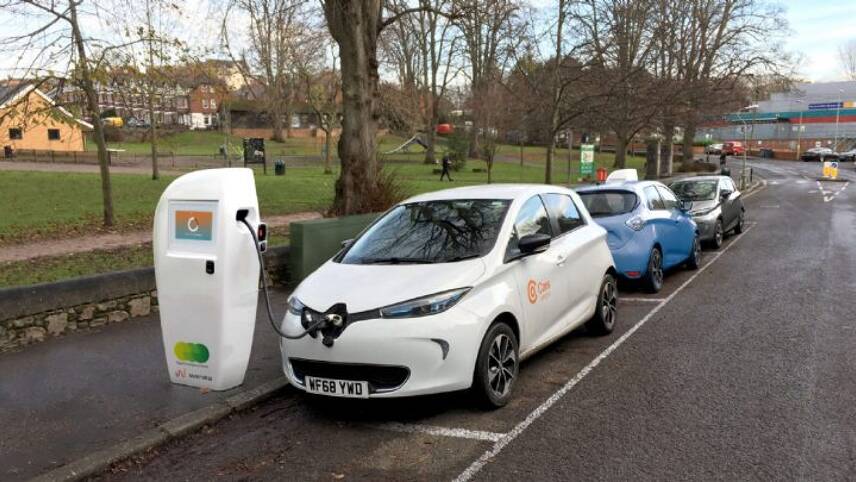Register for free and continue reading
Join our growing army of changemakers and get unlimited access to our premium content

To date
The £335,000 of funding is being allocated through Innovate UK’s Rural Electric Mobility Enabler workstream, to a consortium including Devon County Council, urban innovation consultancy DG Cites, EV charging point platform Bonney and EDF Energy.
Under the project, data from the council will be used by the other organisations to understand seasonal flows of cars to, from and within the county. DG Cities and EDF will add this to data from the National Grid to plot where public EV charging points would be most beneficial. At locations where charging point installations would be beneficial but implementation would prove challenging, workaround solutions will be developed.
Bonnet, meanwhile, will offer drivers access to private charging points in Devon when demand is high, through its consumer-facing app. It is hoped that the owners of the charging points will be incentivised by the opportunity to earn extra cash.
The research and trial period will end in March 2022. After that, the consortium partners will report on their findings, proposing a new business model to other rural councils across the UK.
It has been known for several years that rates of current and planned charging point installations in the UK are being outpaced by the growth of the nation’s EV stock. The 2020 Budget saw Chancellor Rishi Sunak reveal that the government was developing plans to ensure that EV drivers are never more than 30 miles away from a rapid charging point.
Recent research from organisations including the Transport Select Committee, Centrica and the Guardian has since highlighted a “postcode lottery” for charging infrastructure, with urban regions generally hosting better networks than their rural counterparts.
This challenge will need to be addressed if the UK Government is to make good on its levelling up commitments and to support the ban on new petrol and diesel car sales from 2030, on the road to net-zero by 2050. The Country Councils network recently accused the Government of neglecting the need for rural decarbonisation in its engagement with local authorities on net-zero and in its low-carbon spending plans.
“We know that nine out of ten drivers in the county we surveyed would like to make the transition to EVs over the next few years, so we have to be prepared,” Devon County Council’s Cabinet Member for Climate, Environment and Transport Cllr Andrea Davis said.
“A vital part of that is better understanding the challenges of access to EV chargers and the associated energy supply from the grid, which will be caused by this increase in EV usage.”
“Innovative solutions need to be developed to combat drivers’ EV charging anxiety, especially in tourist hotspot regions across the country,” added Bonnet’s co-founder Patrick Reich.
“This exciting project will be a step towards future-proofing the electrification of the UK’s roads and we hope to encourage further change.”
Sarah George


Please login or Register to leave a comment.